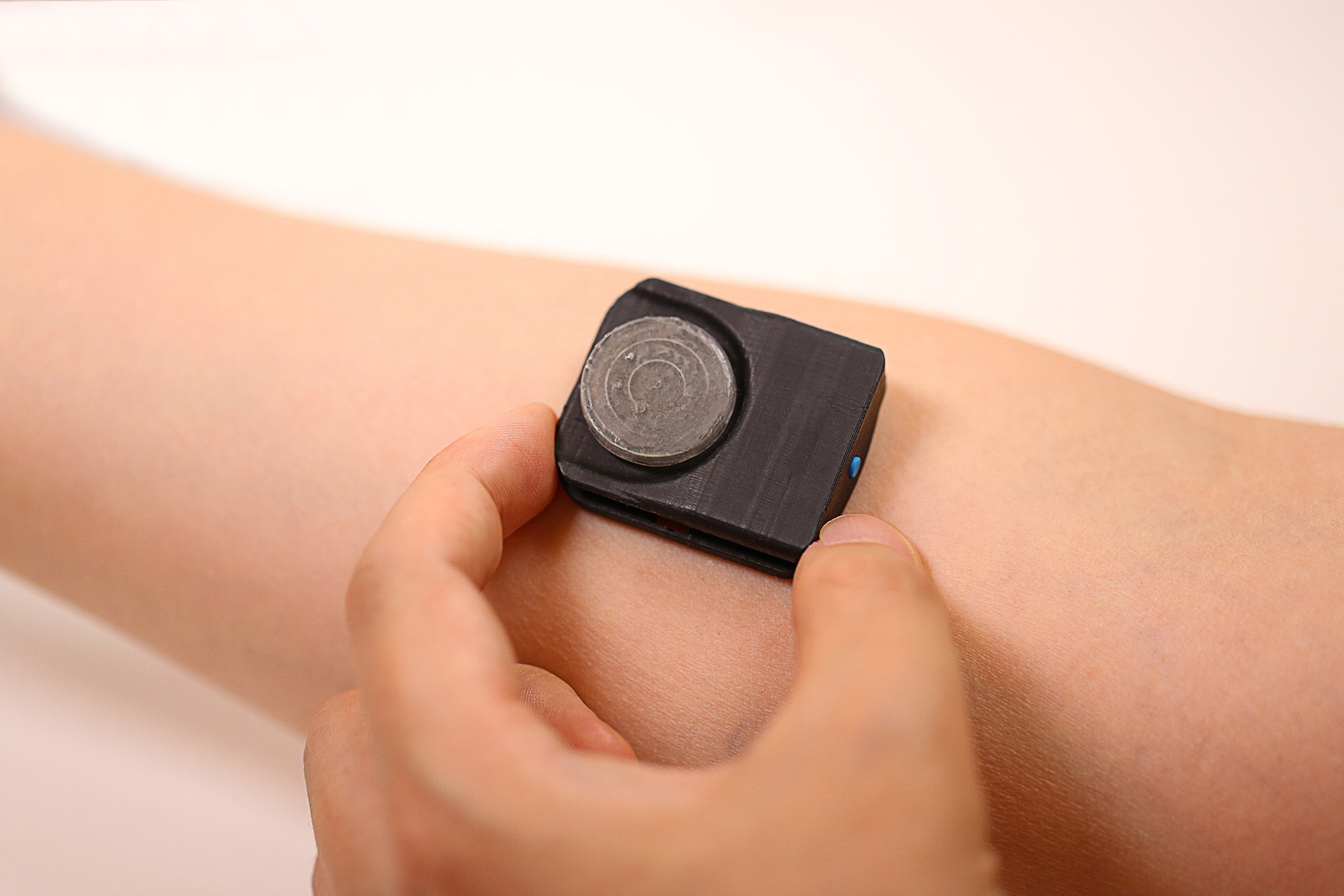Author: kwm107
-

New Key Genes in Parkinson’s Disease Identified Using CRISPR Technology
A new Northwestern Medicine study published in Science has identified a new set of genes that contribute to the risk of Parkinson’s disease, opening the door to previously untapped drug targets for treating the disease.
-

New Wearable Device is the First to Gauge Health by Sensing Gases Through Skin
Northwestern University scientists have developed the first wearable device for measuring gases emitted from and absorbed by the skin, according to a new study published in Nature.
-

Food Insecurity Now, Heart Disease Later
Young adults experiencing food insecurity have greater risk of developing heart disease in midlife, even after accounting for other socioeconomic factors, according to a recent study.
-

World’s Smallest Pacemaker is Activated by Light
Northwestern engineers have developed a pacemaker so small that it can fit inside the tip of a syringe and be non-invasively injected into the body.
-

New Function Discovered for Protein Important in Leukemia
A new study has identified a previously unobserved function of a protein found in the cell nuclei of all flora and fauna, playing a role promoting gene transcription.
-

Alzheimer’s Treatment May Lie in the Brain’s Own Cleanup Crew
A new Northwestern Medicine study suggests a promising alternative to current approaches to Alzheimer’s disease: enhancing the brain’s own immune cells to clear amyloid plaques more effectively.
-

Dirajlal-Fargo and Fant Named Co-Directors of Center for Global Pediatric Health
Northwestern University has announced the launch of the new Center for Global Pediatric Health, a collaboration between the Robert J. Havey, MD Institute for Global Health and at Ann & Robert H. Lurie Children’s Hospital of Chicago.
-

Pre-Health Day Invites Undergraduates to Explore Careers in Health Professions
More than 100 Northwestern University undergraduate students gathered for a Pre-Health Day hosted by Feinberg on January 25 and designed for Northwestern undergraduates interested in pursuing careers in the health professions.
-

Illinois Has a New Tool to Track Violence
A new dashboard operated by Northwestern scientists will allow Illinois to better monitor violent deaths and non-fatal firearm violence at the county level to help prevent and reduce violence in the state.
-

Cancer Survivorship Expert Named Chair of Pediatrics
Tara O. Henderson, MD, MPH, has been named the Founders’ Board Centennial Chair of Pediatrics, effective March 31.






